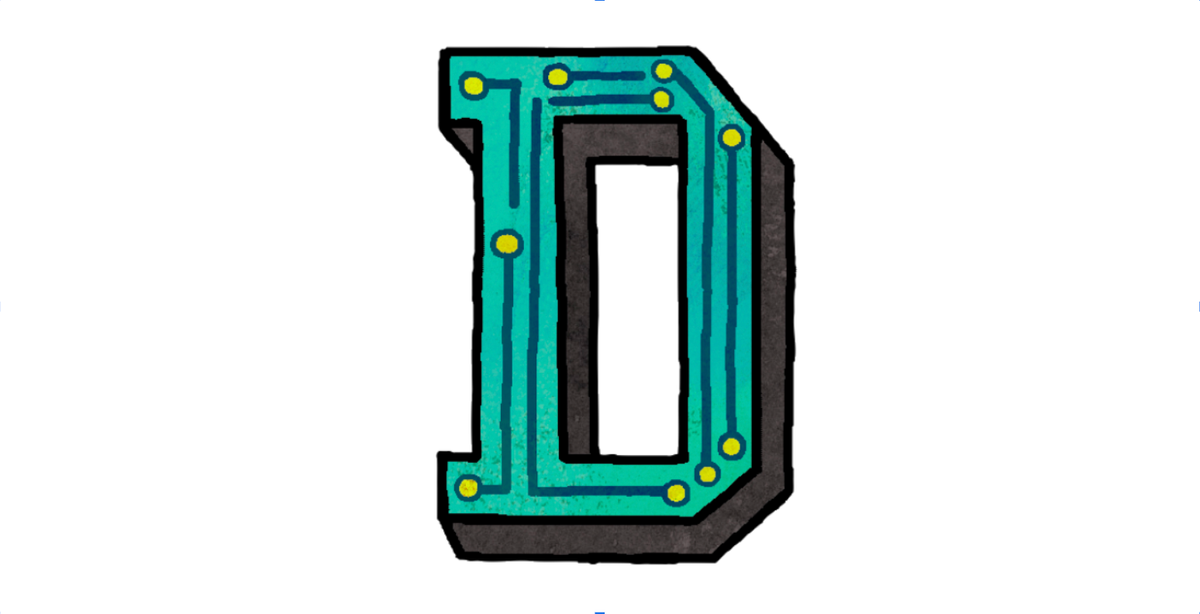
How Many Trillion-Dollar Companies Should There Be?

IMHO, Anthropic and OpenAI are playing a losing game trying to continue scaling compute by hemorrhaging equity capital losses (massively underwater CAC) as their core competitive strategy. Let me unpack this view:
Hyperscalers (specifically MSFT, META and GOOG) have orders of magnitude more resources (talent), users... See more
JJx.comHow the Greatest Entrepreneurs Hire (h/t David Senra)
Steve Jobs stated that each new hire became a percentage of the company, so why wouldn’t you take the time to find all A-players?
David Ogilvy, as an already established businessman, would see advertisements that he liked and then cold call the person who made the ad — this is how he sourced his
THE SECRET MERCOR MASTER PLAN
Imagine a world where Jeff Bezos is a hedge fund investor, Howard Shultz is a salesman, and Reed Hastings is a teacher. That was the world we lived in, not so long ago. These are the jobs they were doing before they found the best use for their talents.
We... See more
Brendan (can/do)x.com